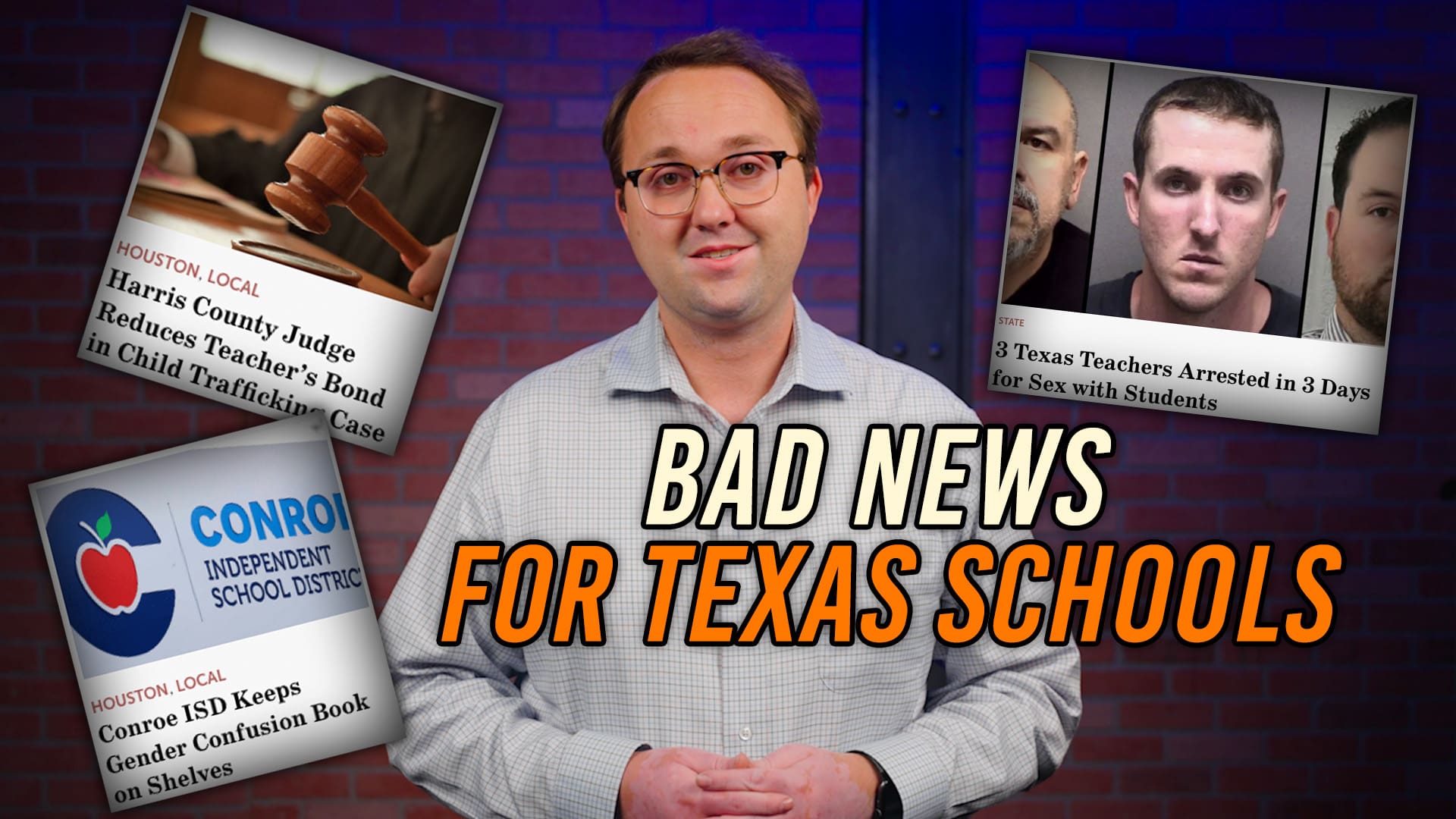This post comes with a warning – you may need to keep a bucket handy, if learning about financial irresponsibility in government entities makes you as queasy as it makes me.
On the front page of today’s Dallas Morning News, highly visible despite Mike Rawlings’ mayoral victory thanks to a Tom Thumb coupon ad, was perhaps the most illuminating and damning story about school district waste since the credit card scandal in Dallas ISD. Found in Dallas ISD’s checkbook register for the last four years by intrepid DMN reporters was $57 million in wasteful, absurd spending – an amount that could save over 1000 teacher jobs.
Among the cacophonous cries about the state legislature’s “failure” to “fully fund” Texas schools, you rarely hear so much as a whimper over how school districts spend the money they get, be it taxpayer dollars for M&O, bond packages, or state and federal money. Dallas ISD is one of the largest districts in the state, and plagued by scandal, corruption, and failure year after year. This exposé should be reprinted and redistributed across the state, to teachers, parents, activists, and legislators (it is, sadly, behind the DMN’s subscriber-only firewall online, but I’ll hit some highlights for you).
Dallas ISD will face $100 million in state funding cuts over two years, and has an annual budget of nearly $1 billion. So $57 million in wasteful spending ($300,000 at the Atlanta Bread Co.; what, your overpaid administrative staff can’t pack their lunches?) over four years represents what is likely the tip of the iceberg in necessary cuts. And those of you inclined to whine about cutting so much fat we’re cutting muscle would do well to question DISD officials about “benefit management” consultant costs of $400,000 per month ($4.8 million a year since 2002) – on top of a full in-district benefits/HR staff. Or, if that doesn’t turn your stomach, maybe you should ask the outgoing superintendent about this past January, when he and some of the staff shacked up at the Crowne Plaza Hotel in Dallas for a weekend of budget discussions – to the tune of $3,791 for rooms and food.
Most of the checks in the register were for less than $50,000, meaning they didn’t require district approval. It is amazing how “little” things add up, though – like over $86,000 spent at Chick-Fil-A. I like my chicken sandwiches as much as the next person, but seriously?? $2500 for one person to attend a conference at Harvard University. $28,529 for an eight-night stay for 17 principals to attend a conference in New York City. Or how about the cash advance for one teacher to attend a conference in Orlando, FL, complete with $1,224 for tickets to Disney World? Receipts don’t appear to be available for every expenditure, either, and there are numerous jaw-dropping details, like how much the district spent in four years on per diem expenses for district employees ($608,441).
You gotta feel a bit sorry for the Georgia school district getting Superintendent Michael Hinojosa after his stint with DISD ends on June 30. He’s been in DISD since 2005, racking up plenty of front-page time as the district he managed became increasingly scandalous. In 2007, he was making $315,000/year, not including bennies, according to one story from the publication District Administration. After Hinojosa scrapped the infamous credit card program (thanks to another brilliant piece of journalism from the Dallas Morning News, incidentally), checks were used much more frequently, and thus the meat for this latest story was provided with just a little prod of FOIA magic. This latest brouhaha happens just as he’s out the door – he “officially” quit back on June 6, leaving interim superintendent Alan King to deal with the fallout (King’s a CPA by trade; here’s hoping he knocks some sense into the district).
Now, let’s turn the focus here for a moment. The Dallas Morning News used that ever-useful tool, the Freedom of Information Act, to access the more than 775,000 checkbook register entries analyzed for this story. MAJOR kudos to Tawnell D. Hobbs and Matthew Haag for their work on this – this is investigative journalism at its most crucial to voting citizens. Dallas ISD is one of the biggest school districts in the state, but size does not matter when we’re talking waste and spending sprees – remember Waco ISD’s $84,000 Vegas trip last year? If you’re paying taxes of any kind in Texas, you are contributing to the schools here, and you have a right to know where the money is going.
If education is going to be the “priority” for spending in this state, then we had better have all the facts in front of us. Like the fact that it is local school districts that make the decision to hire and fire teachers, and how to spend money, and whether or not to beg for bond packages and tax increases. Like the fact that the school district lobby – the administrator lobby, the teacher unions – is one of the most powerful lobby interests in the state. Like the fact that 56% of the state budget is for education, a sacred cow so all-consuming that Medicaid and indigent health care take a backseat even when the required burden is heavier.
Whether you have children in public schools or not, you are paying for them. The Dallas Morning News used tools that are available to you, the citizen, to discover what was really happening in Dallas ISD.
And now, back to Dallas ISD, one of the loudest school districts in the state when it comes to bemoaning cuts and begging for more money. It is difficult to have sympathy when you see what is happening in Dallas. It is harder still to imagine an electorate so blind that it would elect this school board again. And it is very difficult not to be positively enraged on the behalf of Dallas ISD teachers, who do more with less and have to ask parents to supply simple things like dry-erase markers, while the elitist administration pays for luxury retreat weekends at the Crowne Plaza. Dallas ISD has an annual dropout rate of 19.1%, according to the comptroller’s Financial Allocation Study for Texas, which also reveals that the average salary for central administration is nearly twice what a starting teacher makes in DISD.
These are the things that should shock and appall you. There is nothing perfect about the way this state funds schools, but to learn that there is this kind of rampant waste proves there are deeper problems that cannot be solved by simply throwing more money at them and hoping no one digs through the check registers.



